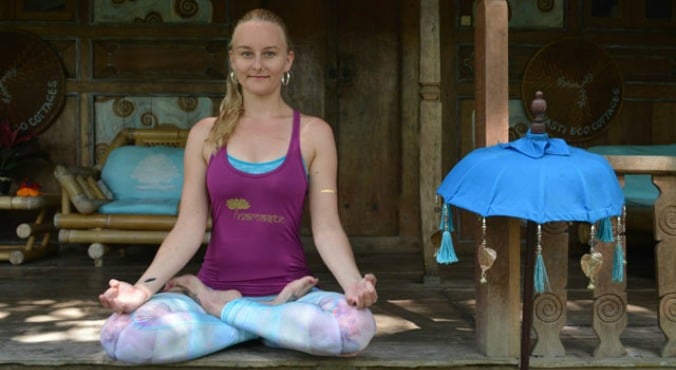
Image: Karolina Krawczyk-Sharma (supplied).
It’s funny how the memory works in critical moments of our lives. It’s strange what we remember.
I remember my fingernails being painted vivid blue. I was planning to go to a New Year’s Eve party with everyone else, but here I was in the hospital, dressed up in a medical equipment. My nail polish matched the colour of the hospital walls.
That was 18 years ago and it was the beginning of one of the longest and most impactful relationships of my life, one that taught me a lot. On that cold December day, on the last day of the year, with the air crispy and fresh outside, I heard the word “diabetes” for the first time. I was 15.
This uninvited partner didn’t sound like much fun. I was shocked and scared. Soon, I had to accept my new duties: injecting my body with insulin a few times a day, monitoring my blood sugar, controlling intakes of carbohydrates and proteins and reporting to my doctor every month. It was overwhelming. There are no days off with diabetes. It is your shadow for good (and for bad). Watch Paper Tiger’s introduction to meditation below. (Post continues after video.)
Like most people I had many misconceptions about Type 1. Obesity and ageing are not the its causes. The pancreas can “burn out” for many reasons, not all of them are understood. “Juvenile Diabetes” (its other name) is most commonly an auto-immune disorder that can start in first months of our life, or as late as our 40s. It is defined as an “irreversible metabolic disorder resulting in a permanent lack of insulin production by beta-cells in the pancreas.”
